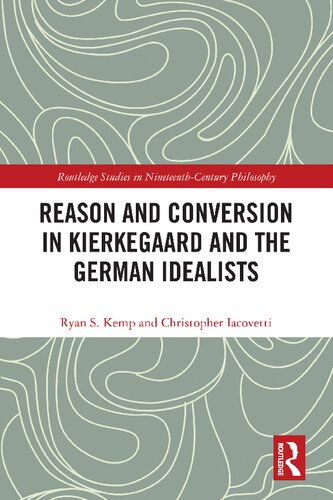

Most ebook files are in PDF format, so you can easily read them using various software such as Foxit Reader or directly on the Google Chrome browser.
Some ebook files are released by publishers in other formats such as .awz, .mobi, .epub, .fb2, etc. You may need to install specific software to read these formats on mobile/PC, such as Calibre.
Please read the tutorial at this link: https://ebookbell.com/faq
We offer FREE conversion to the popular formats you request; however, this may take some time. Therefore, right after payment, please email us, and we will try to provide the service as quickly as possible.
For some exceptional file formats or broken links (if any), please refrain from opening any disputes. Instead, email us first, and we will try to assist within a maximum of 6 hours.
EbookBell Team

0.0
0 reviewsIn his late work Religion within the Boundaries of Mere Reason, Immanuel Kant struggles to answer a straightforward, yet surprisingly difficult, question: how is radical conversion—a complete reorientation of a person’s most deeply held values—possible? In this book, Ryan S. Kemp and Christopher Iacovetti examine how this question gets taken up by Kant’s philosophical heirs: Schelling, Fichte, Hegel and Kierkegaard. More than simply developing a novel account of each thinker’s position, Kemp and Iacovetti trace how each philosopher formulates his theory in response to tensions in preceding views, culminating in Kierkegaard’s claim that radical conversion lies outside a person’s control. Kemp and Iacovetti close by examining some of the moral-psychological implications of Kierkegaard’s account, particularly the question of how someone might responsibly relate to values that have, by their own admission, been acquired in contingent and accidental fashion.